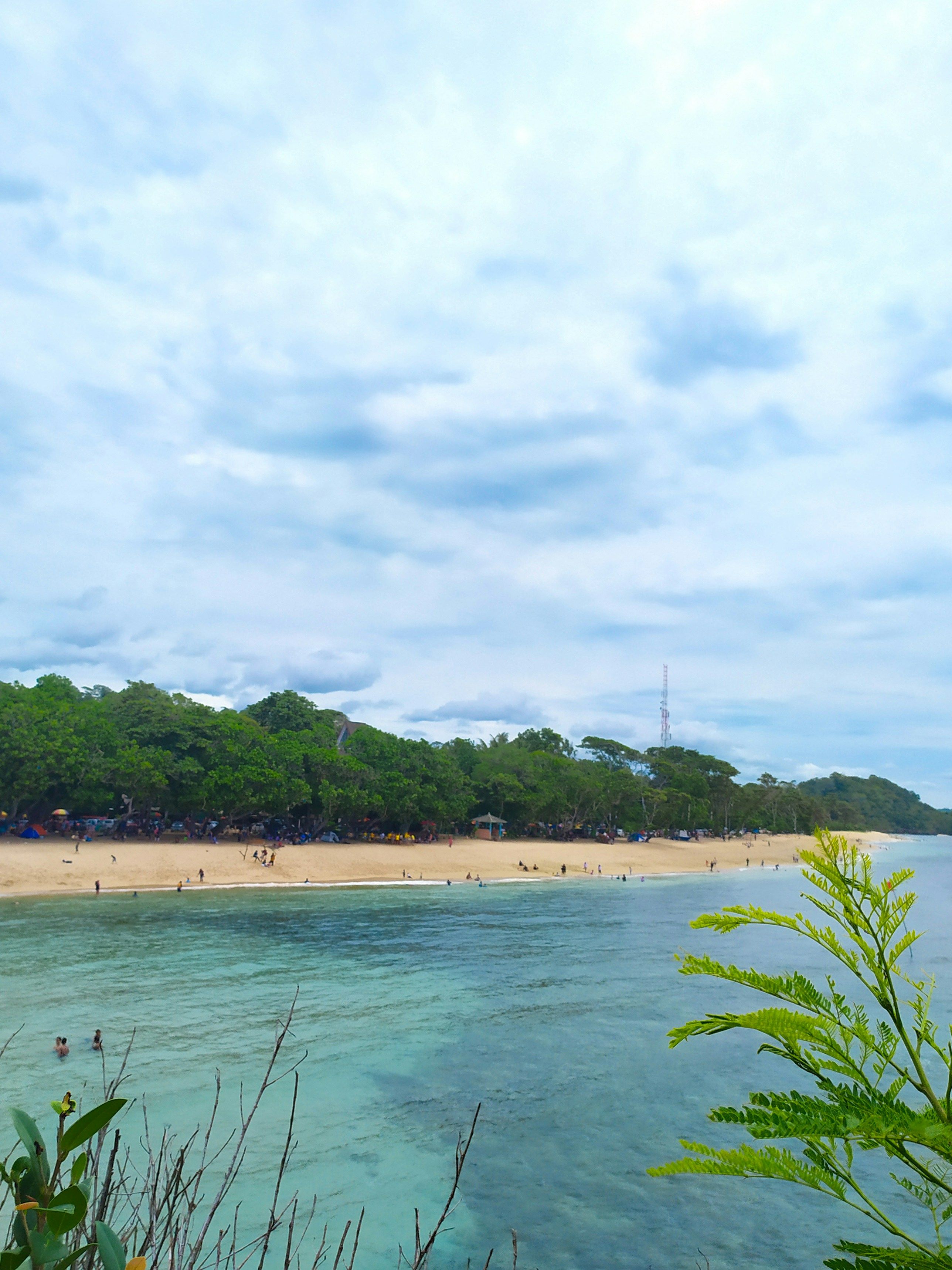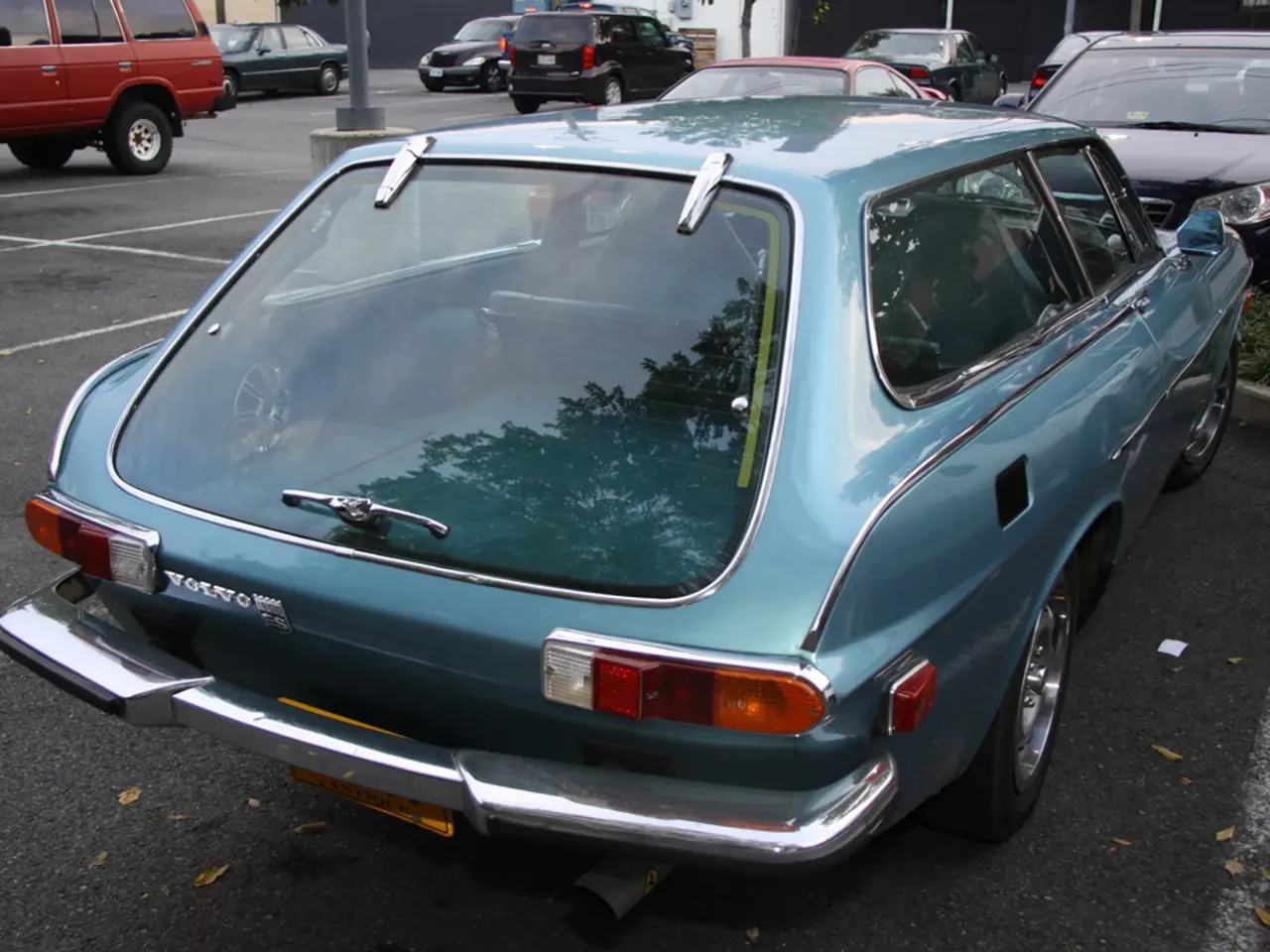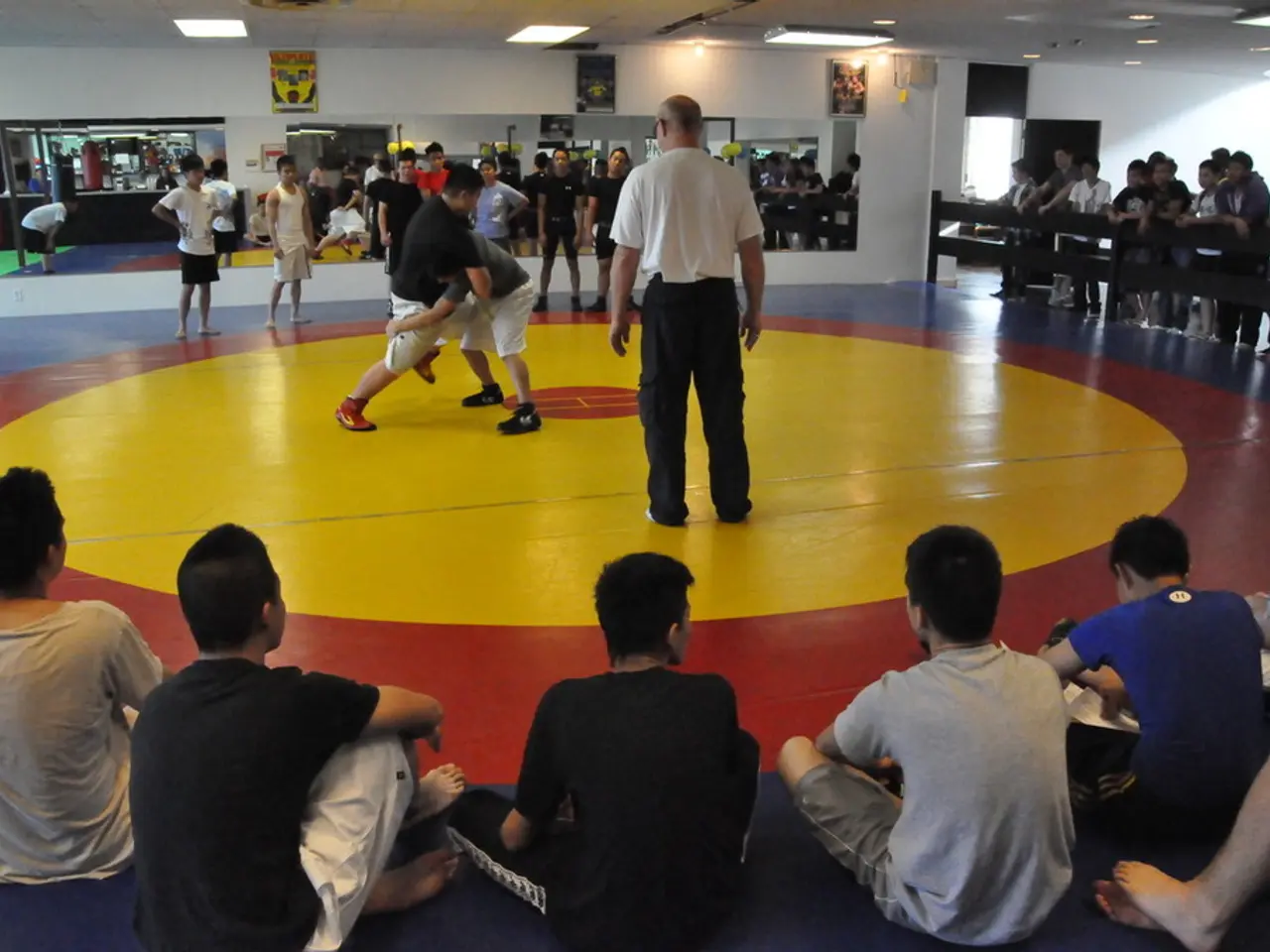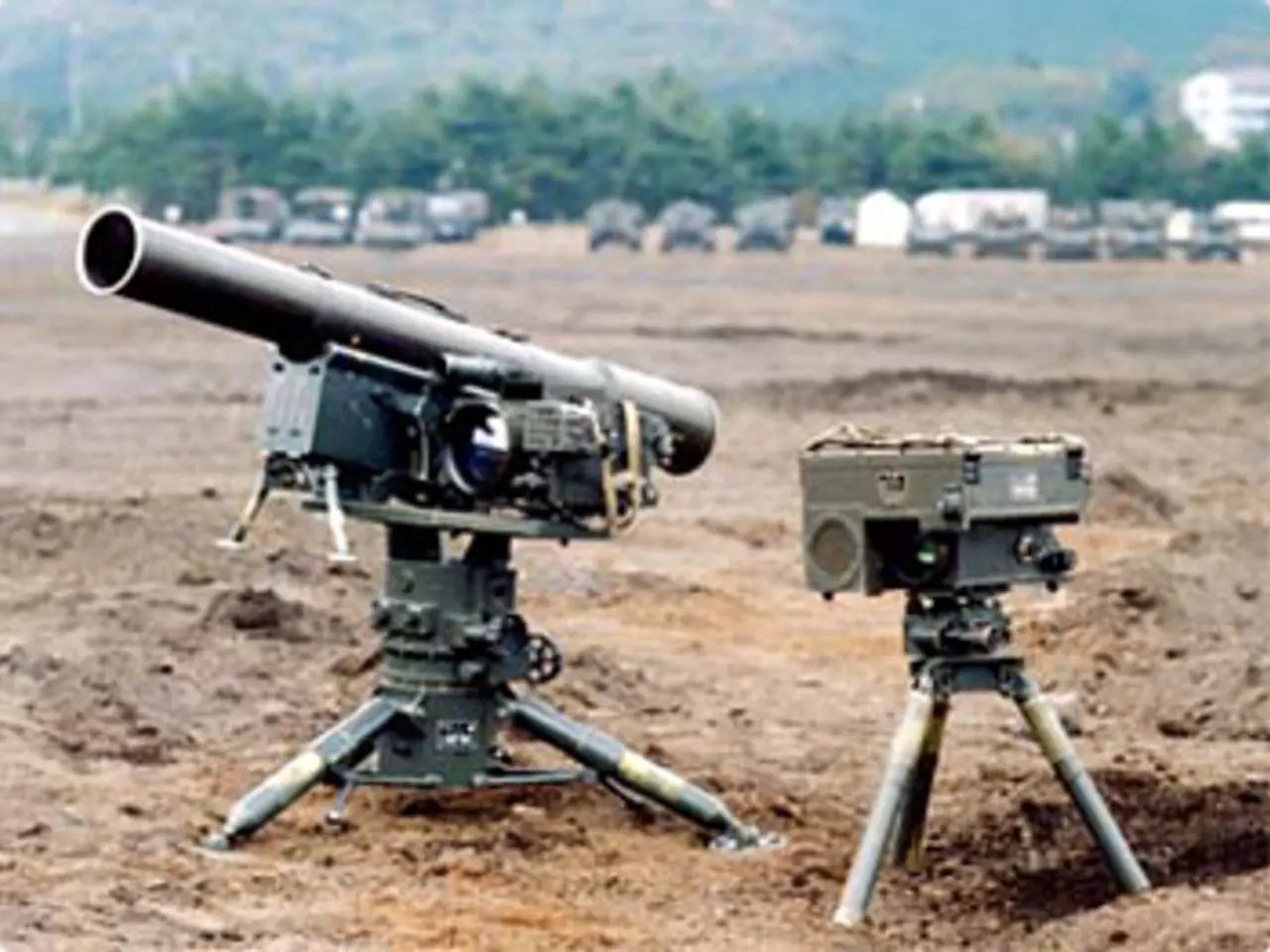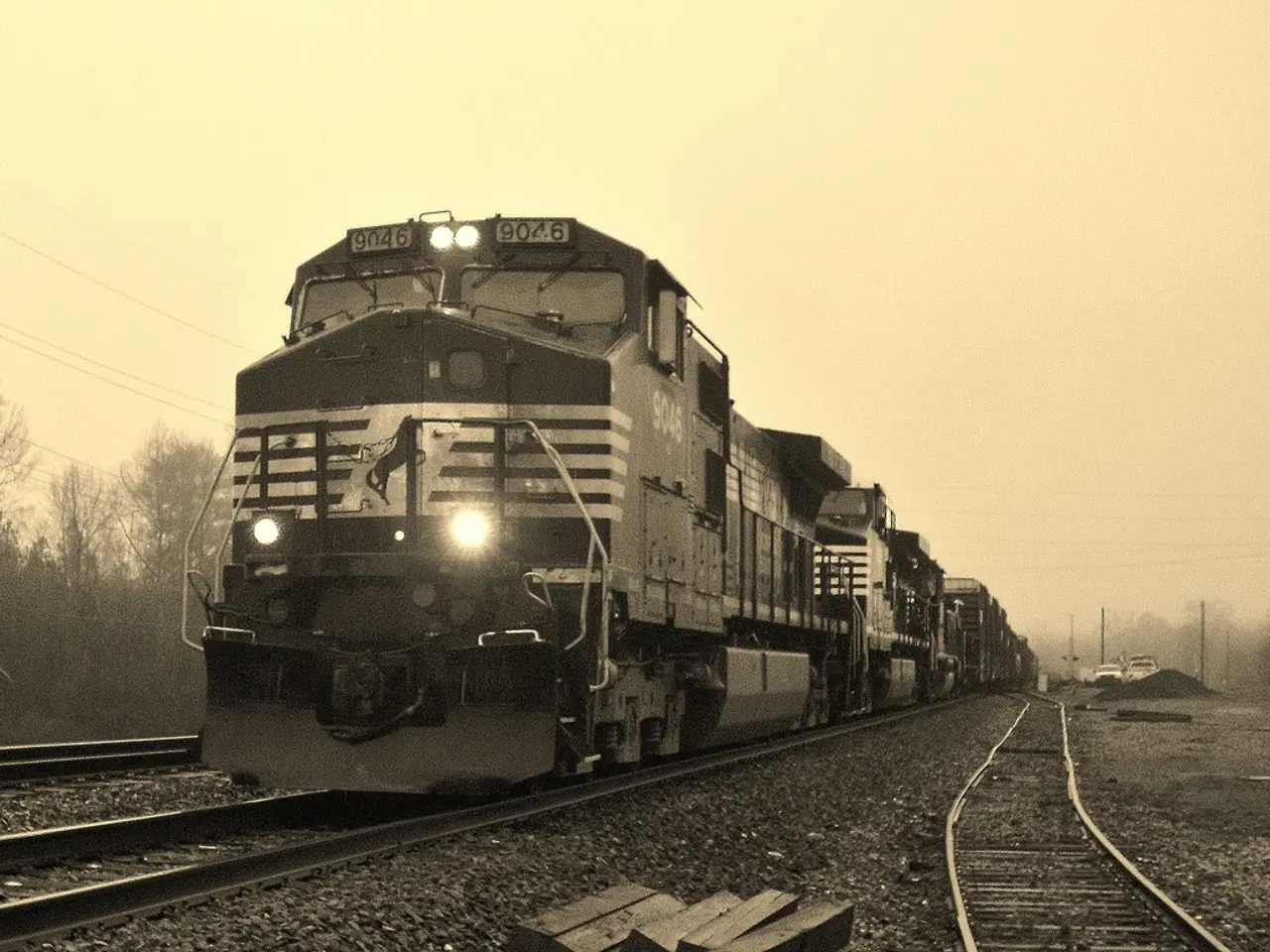Deforestation Crackdown: EU Slaps Strict Import Rules on Four Nations
Tightened Import Regulations Implemented by EU Commission for Specific Countries
Chat it up! ☕️💬
In a bid to curb deforestation, the EU Commission has decided to impose tougher import measures on four countries: Belarus, Myanmar, North Korea, and Russia [1][4]. These nations have been marked as high-risk countries under the EU's Deforestation Regulation (EUDR), a move aimed at guaranteeing deforestation-free supply chains [3][5].
The new regulation aims to regulate the import of goods such as beef, cocoa, coffee, palm oil, soy, rubber, and wood into the EU market [3][5]. It's a broad initiative to tackle deforestation using rigorous controls. The EUDR has created three categories of risk – low, standard, and high – with the level of compliance required depending on the risk associated with a country [2].
Initially, all EU countries are expected to fall into the low-risk category. However, countries under trade sanctions, such as the aforementioned four nations, have been identified as high-risk countries [2]. With this categorization, these nations will face stringent import rules.
Now, let's talk about the controversy surrounding the law. Last year, the regulation was met with much debate due to delays in classifying the risk levels of certain countries, difficulties with an IT system for companies, and other documents [2]. Under pressure from trading partners like Brazil and EU member states, the deadline for the sales ban has been pushed back from the end of 2024 to December 30, 2025 [2].
Recent diplomatic reports suggest that EU countries have largely approved the Commission's country classification in a private meeting held on Monday [2]. An official publication of the list is expected in mid-June. 📅
[1] Source: ntv.de[2] Source: AFP[3] Richter, Steffen. "EU-Umweltrecht: Rohstoffimporte aus Risikoländern sind verschärft." DW.COM, 8 March 2023, https://www.dw.com/de/eu-umweltrecht-rohstoffimporte-aus-risikol%C3%A4ndern-sind-versch%C3%A4rftet/a-65347237[4] Cook, Paul. "EU seals deal on groundbreaking law to halt imports of Amazon, Africanwood destruction." Reuters, 8 December 2022, https://www.reuters.com/business/sustainable-business/eu-seals-deal-groundbreaking-law-halt-imports-amazon-africanwood-destruction-2022-12-08/[5] "EU readies tough new rules to protect rainforests." The Guardian, 11 February 2022, https://www.theguardian.com/environment/2022/feb/11/eu-readies-tough-new-rules-to-protect-rainforests
- This new EU policy on deforestation regulation, aimed at ensuring deforestation-free supply chains, can be considered as a significant contribution to environmental science and climate-change policies, thereby aligning with the general news discourse on the environment.
- The implementation of stricter import measures on four high-risk countries, as part of the EU Deforestation Regulation (EUDR), could potentially have broader implications for worldwide policy-and-legislation, especially regarding vocational training and best practices for sustainable sourcing of goods.
- In light of the new climate-change policies and increasing emphasis on deforestation control, it's important for various communities, businesses, and political bodies to collaborate on vocational training initiatives to foster the adoption of sustainable practices, ensuring a more robust and eco-friendly future.
